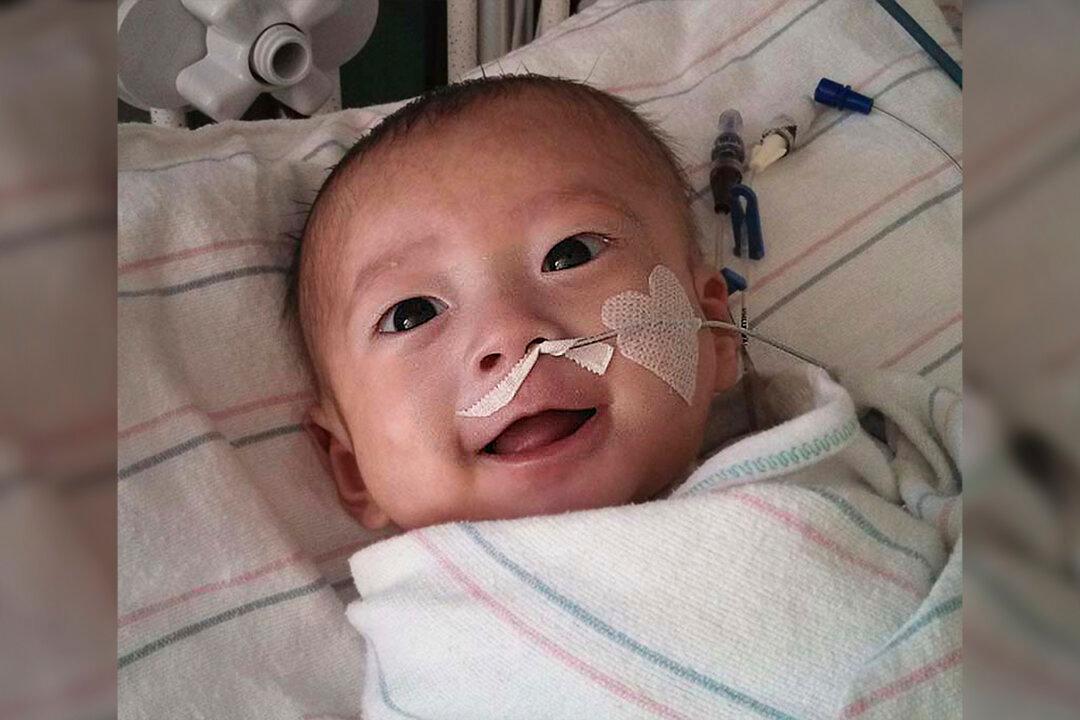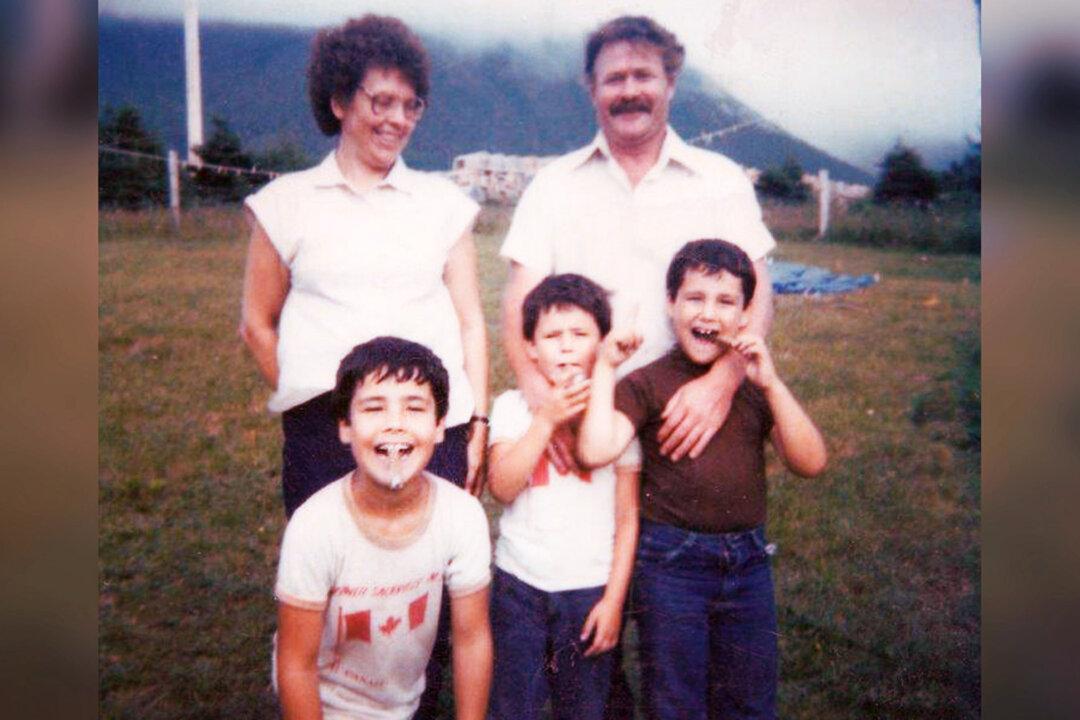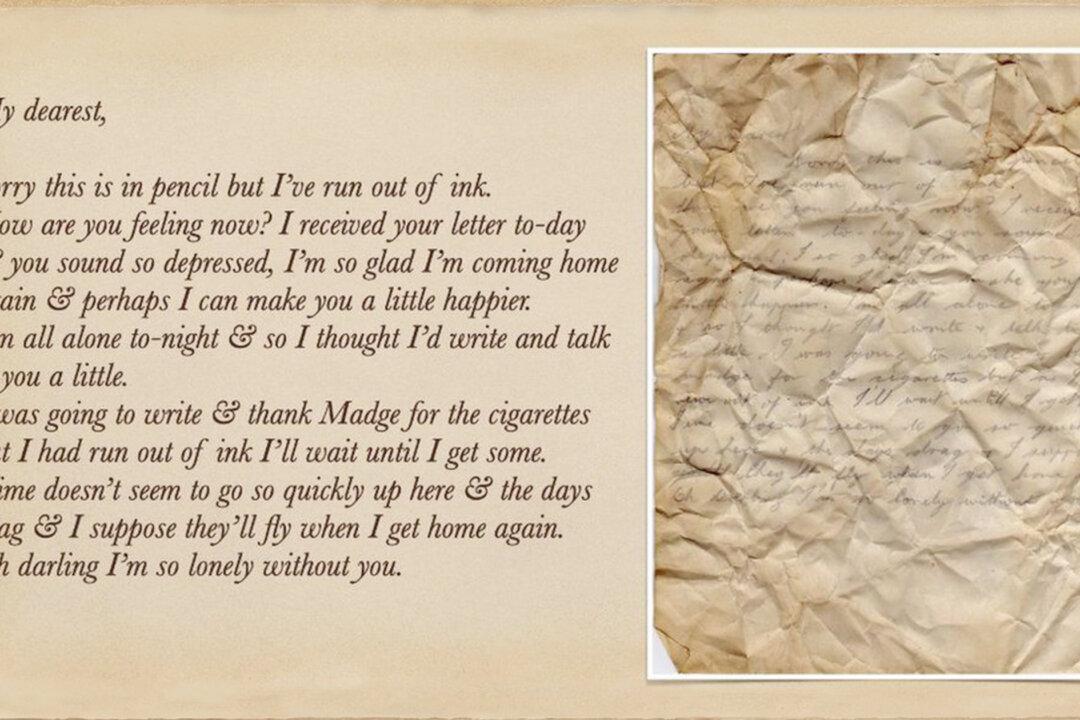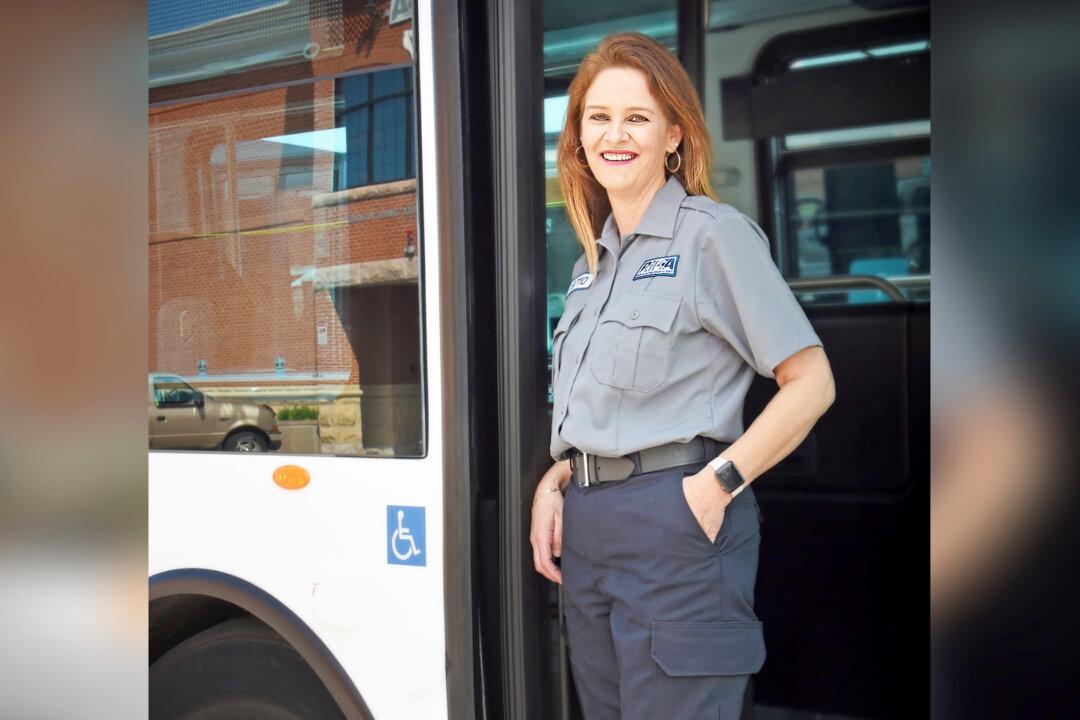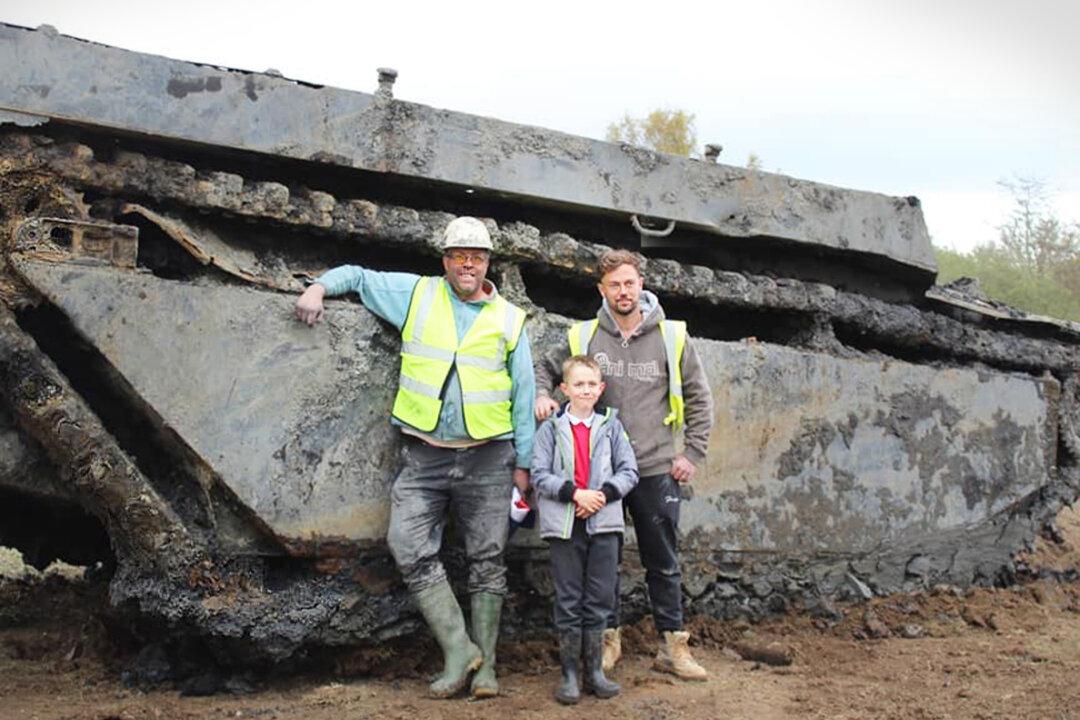A Hawaiian boy who suffered congenital heart failure and underwent open-heart surgery at 2 months old is being hailed for becoming an American Heart Association (AHA) ambassador years later.
After Jase was born premature, his family was grateful to be able to bring him home from the hospital. But their world turned upside down when he was diagnosed with heart failure at his 2-month well-check.

